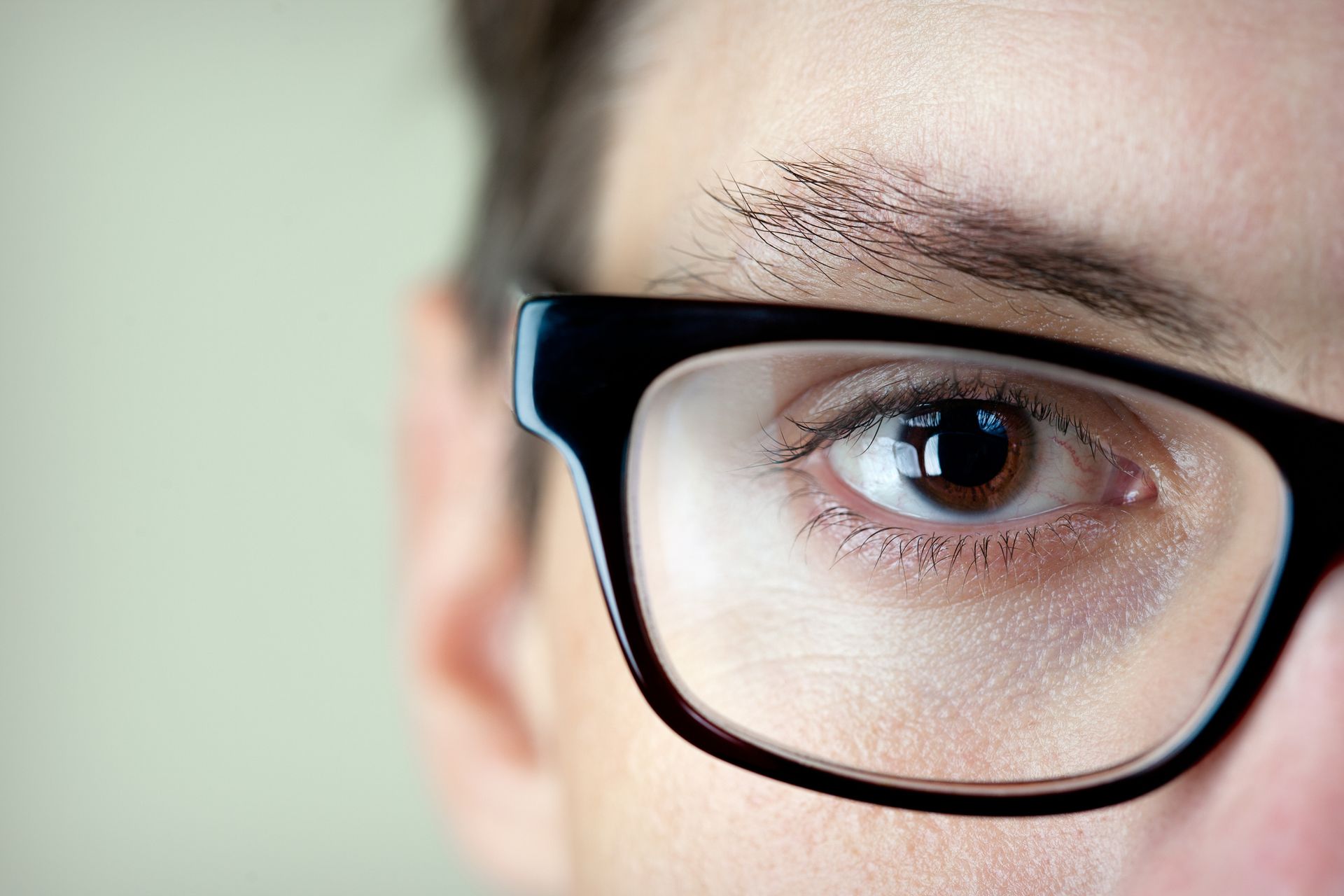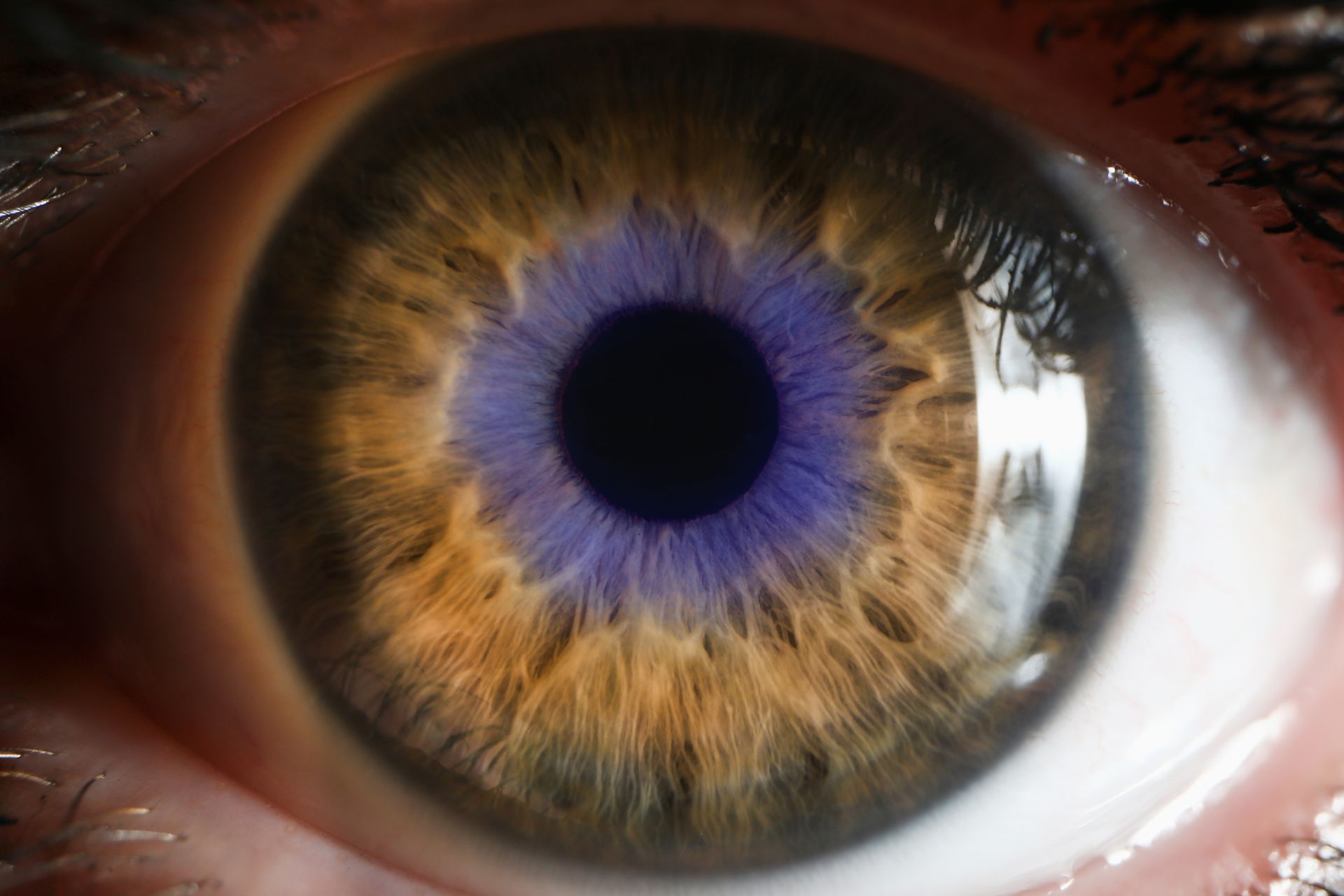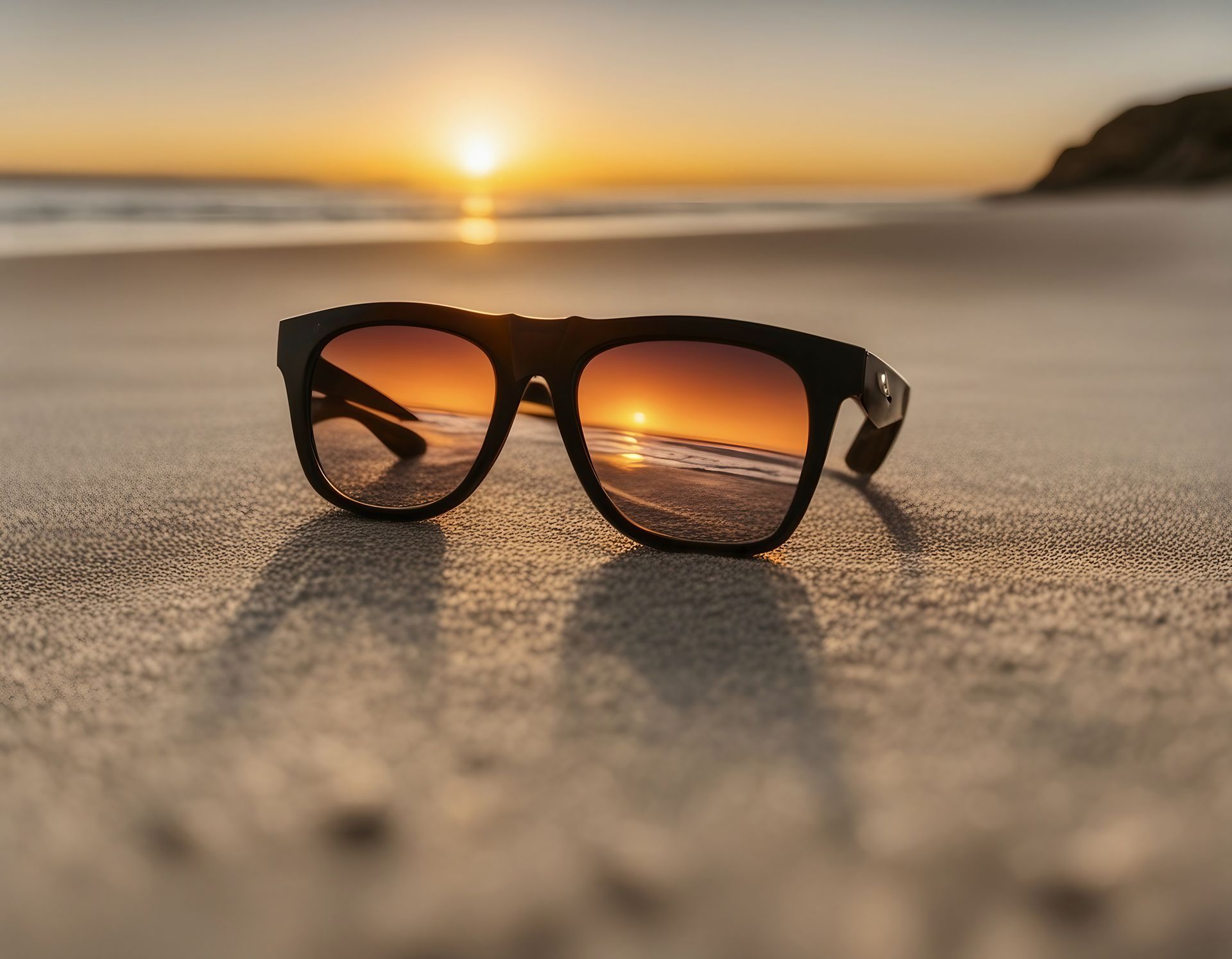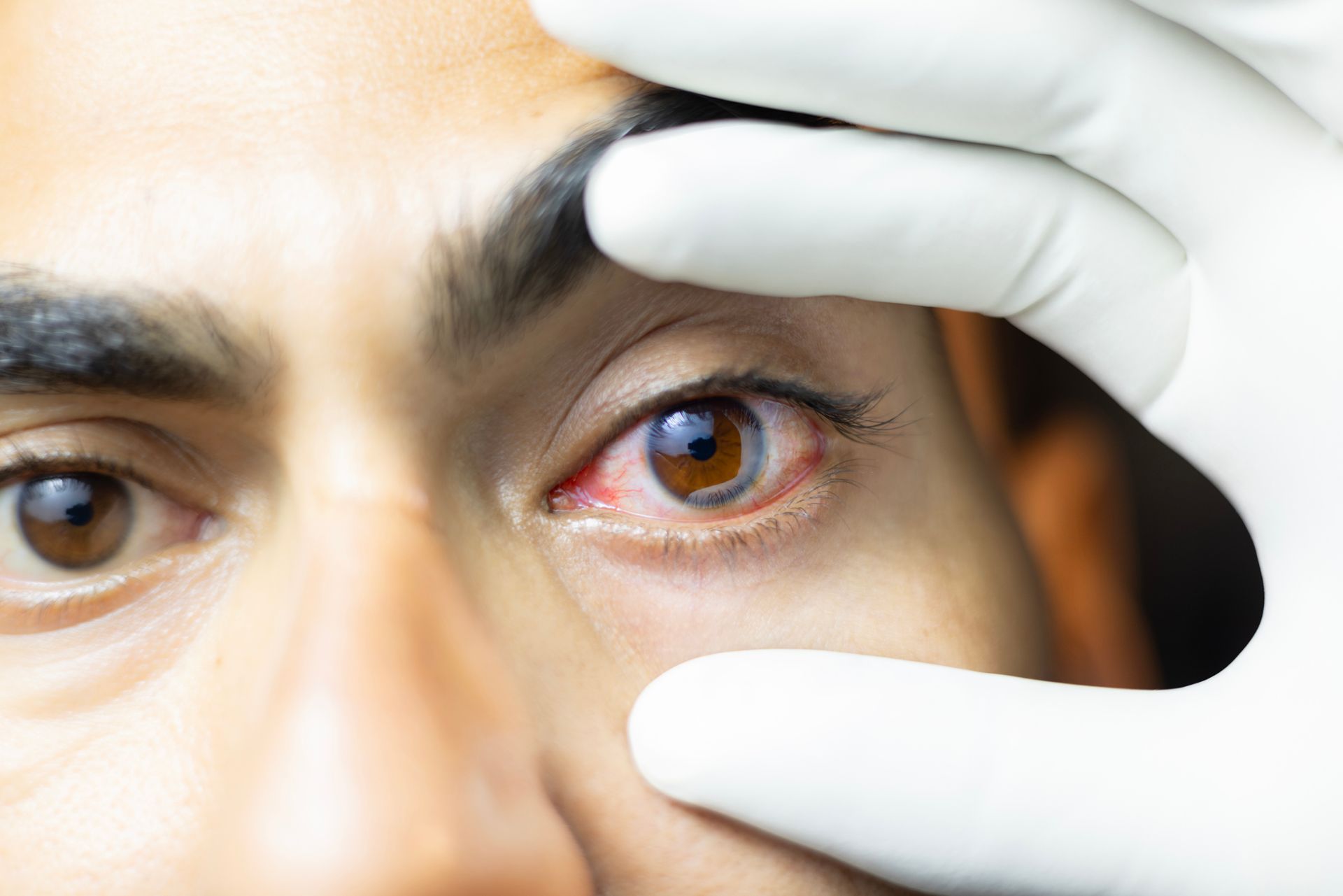Ortho-K: Clear Vision While You Sleep: No Glasses, No Surgery
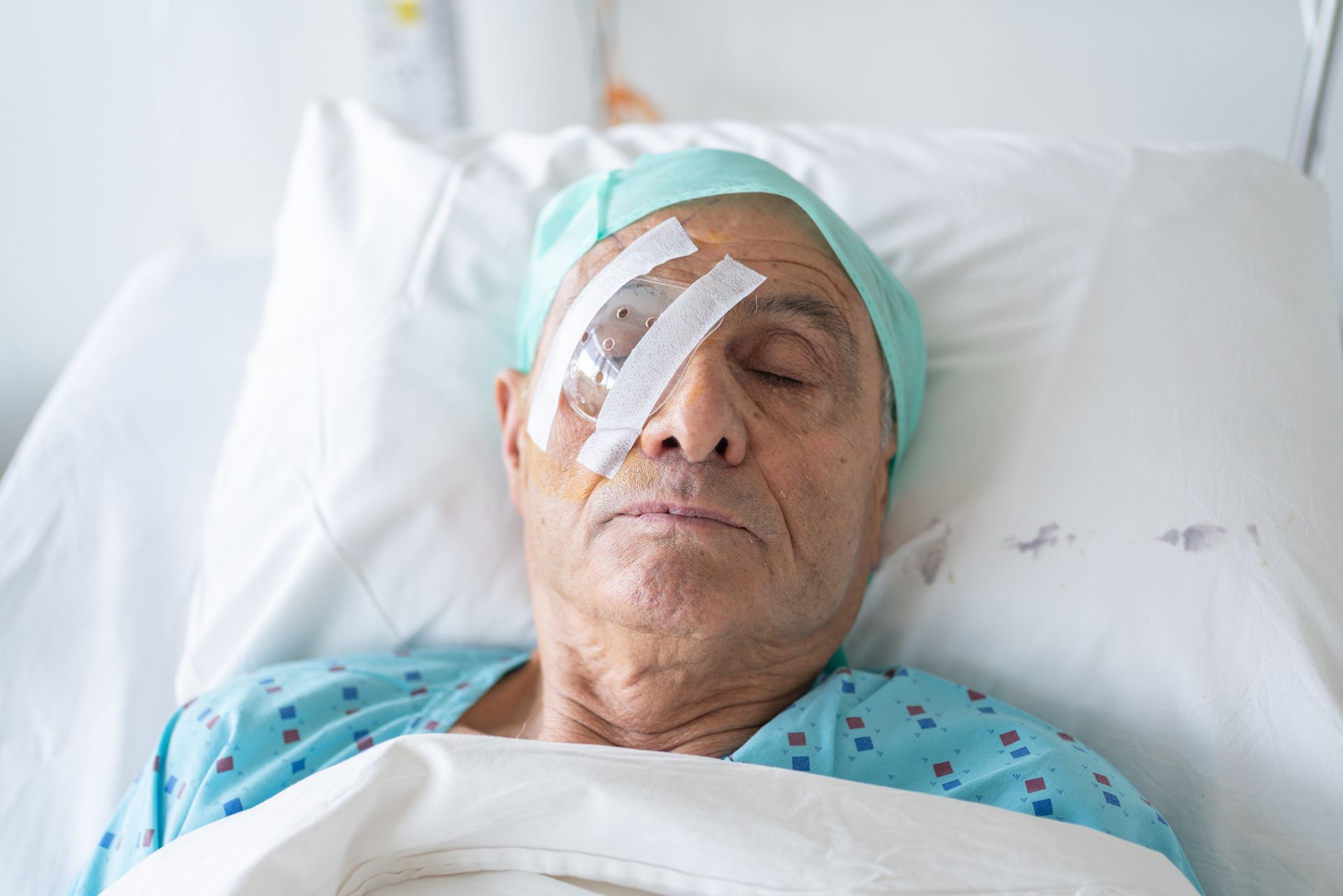
If you’re tired of wearing glasses or contacts during the day, or if you’re a parent concerned about your child’s vision getting worse, Ortho-K could be the perfect solution.
This non-surgical treatment uses custom contact lenses you wear while you sleep. Overnight, the lenses gently reshape your cornea. In the morning, you remove them and enjoy clear vision all day, without glasses or daytime lenses.
Who is Ortho-K for?
✅
Teens and adults who want freedom from glasses for sport, work, or travel
✅
Kids and teens with myopia;
Ortho-K can help slow the progression of myopia and how quickly their vision changes
✅
People not ready for laser eye surgery
Why It Matters
Ortho-K doesn’t just correct your vision; it also helps slow the progression of myopia in kids, which can reduce the risk of eye disease later in life.
It’s
safe,
TGA-approved, and has been successfully used worldwide for over 20 years.
Getting Started
At VISION Michael Hare Optometrists, we’ll:
- Perform a detailed eye exam and corneal scan
- Fit custom lenses that are tailored to your eyes
- Guide you through safe, comfortable wear and care
- Provide ongoing check-ups and advice to keep you on track
Ready to Ditch the Daytime Glasses?
Book your free Ortho-K consultation with VISION Michael Hare Optometrists today. Clear vision could be just a sleep away!
Related Articles:
→ What Is Myopia?
→ Myopia Control: What Are the Options?
→ School Screening Report: What Next?
References:
- Walline JJ, et al. Ophthalmology, 2020.
- IMI Clinical Management Guidelines. Contact Lens and Anterior Eye, 2019.
- Cho P, et al. Orthokeratology for Myopia Control: A Review of Current Literature. Optometry and Vision Science, 2017.
- Purkayastha S, et al. Safety of Orthokeratology: A Review. Clinical and Experimental Optometry, 2016.
- Gifford P, et al. Efficacy of Orthokeratology in Slowing Myopia Progression: A Longitudinal Study. Investigative Ophthalmology & Visual Science, 2014.
- Walline JJ, et al. The Effect of Orthokeratology on Myopia Progression: A Multi-Center Study.
Optometry and Vision Science, 2009.
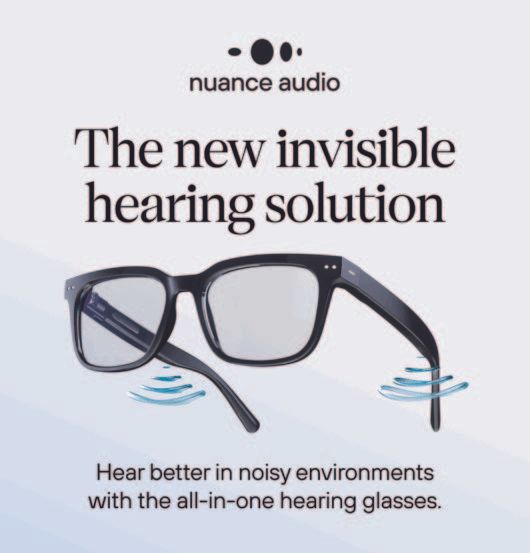
The New Invisible Hearing Solution: Nuance Audio - now available at Vision Michael Hare Optometrists
